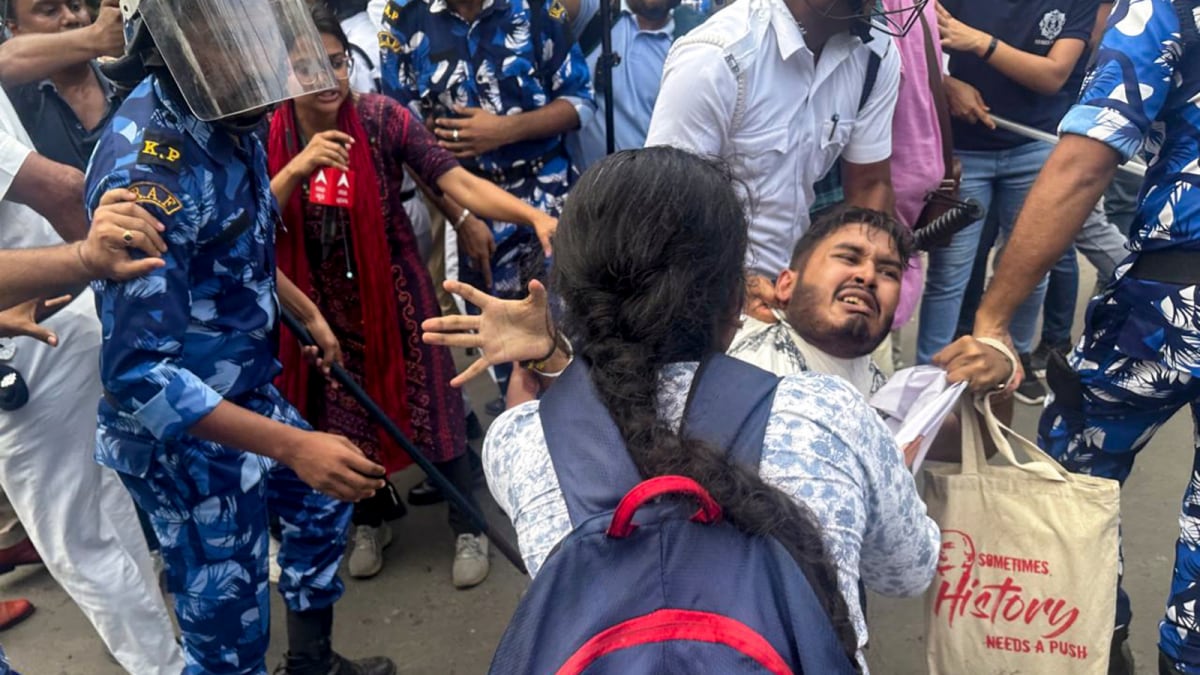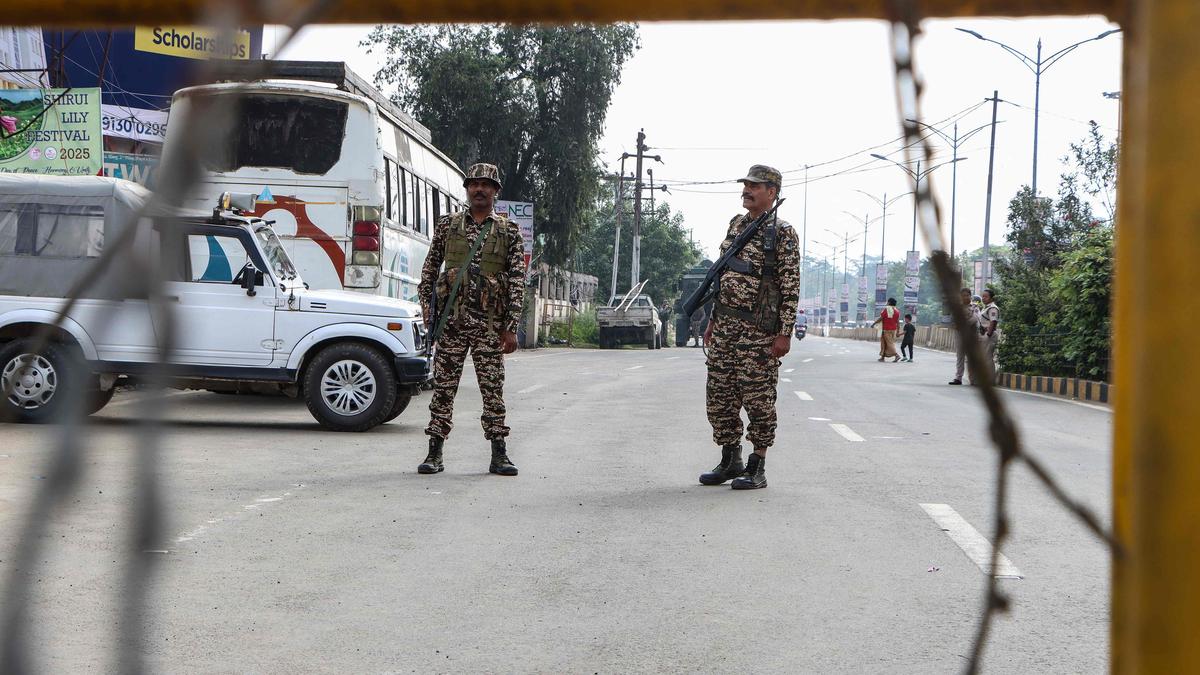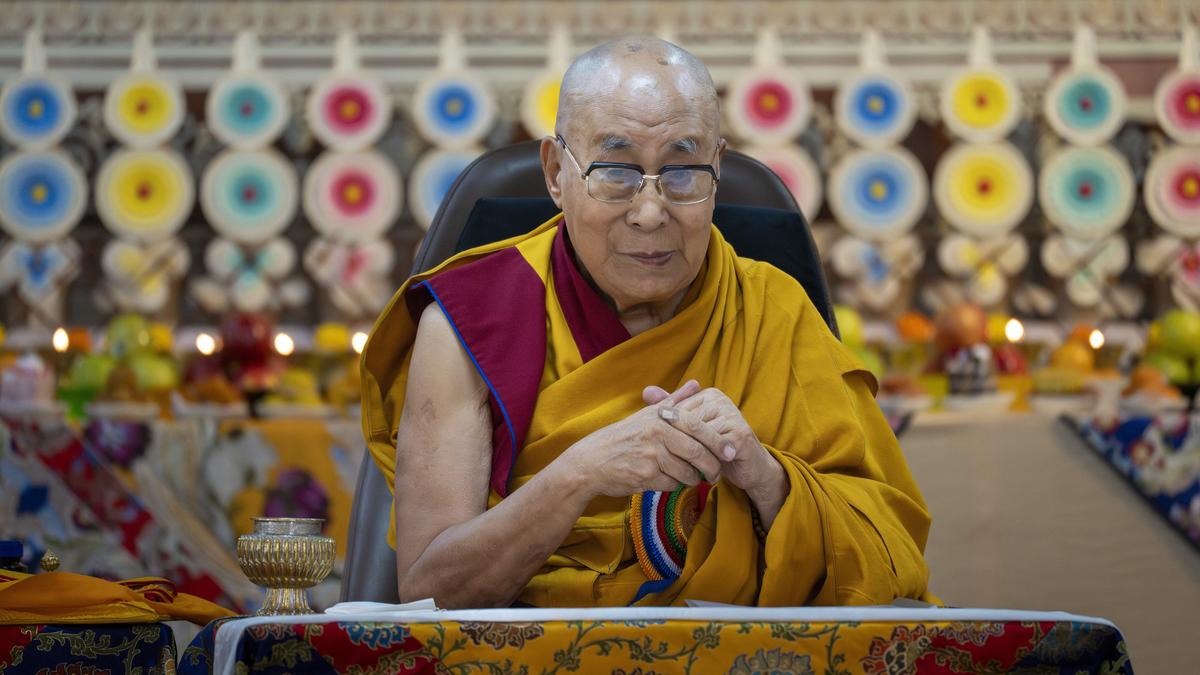ARTICLE AD BOX
Last Updated:June 30, 2025, 18:41 IST
Bihar’s Electoral Roll Overhaul: Special Intensive Revision (SIR) came in light of increasing demand of political parties to cleanse electoral rolls based on eligibility conditions

CEC Gyanesh Kumar elaborated on the Special Intensive Revision (SIR) in Bihar. (PTI/X)
The Special Intensive Revision (SIR) in Bihar was initiated to ensure that no eligible voter is excluded, and no ineligible entry makes it into the rolls, Chief Election Commissioner (CEC) Gyanesh Kumar told News18.
Speaking to News18, the CEC said that more than one lakh volunteers have also been deployed to assist the elderly, sick, persons with disabilities (PwD) and marginalised groups in filling up their Enumeration Forms so that they don’t face any hardship. “The objective of the SIR is to ensure that no eligible voter is left out, and at the same time, no ineligible voter is included in the electoral roll," he said.
The revision, in addition to regular annual updation, came in light of increasing demand of all political parties to cleanse the electoral rolls based on eligibility conditions such as residence, age and Indian citizenship in the recent past.
Many ineligible persons have been able to procure the voter cards as neither intensive revision was conducted periodically since 2004 nor eligibility documents were readily available. Therefore, in case of complaints and objections by any elector or political party, it becomes difficult to enquire into such complaints in a rational manner.
9 intensive revisions between 1952 and 2004
The electoral rolls were prepared afresh through various intensive revisions, either across the country or in parts nine times in the 52-year period between 1952 and 2004 – once nearly every six years on average.
However, intensive revision has not been done in the last 22 years, News18 has learnt.
Limitations of routine revisions
The conduct of routine summary revision of electoral rolls is generally based on oral submissions and cursory field-level verification rather than any documentary evidence, resulting in increasing number of complaints on the existing state of electoral rolls.
The current level of technology enables collection of eligibility documents once and for all. This repository will enable enquiry into any specific complaint against any elector anytime based on available documents rather than depending on just unverifiable oral submissions made to Booth Level Officers (BLO).
SIR makes BLOs accountable
This process will increase accountability of over 10 lakh BLOs and over 20,000 Electoral Registration Officers (EROs) and Assistant Electoral Registration Officers (AEROs) to ensure that each name in the electoral roll is of an eligible elector.
Such accountability can always be tested by DEO and/or CEO after conducting an inquiry, whether on complaint or suo motu, if necessary, based on documentary evidence already uploaded.
Why only Bihar?
The drive is being conducted in Bihar as it is the only state that is going for polls this year.
A poll body official told News18 that similar drives may also be conducted in other parts of the country once the Bihar election is over.
‘Revision of electoral roll mandatory’
Earlier in the day, the poll body issued a statement saying that revision of electoral roll is mandatory before every election as per Section 21(2)(a) of the Representation of the People Act, 1950 and Rule 25 of the Registration of Electors Rules, 1960.
“The ECI has been conducting annual revisions, intensive as well as summary, for 75 years now. This exercise is required as the electoral roll is always a dynamic list that keeps changing due to deaths, shifting of people due to various reasons such as migration due to occupation, education, or marriage, addition of new voters who have turned 18," the poll body added.
The EC also stated that Article 326 of the Constitution specifies the eligibility to become an elector.
“Only Indian citizens, above 18 years of age and ordinary residents in that constituency, are eligible to be registered as an elector," they explained.
Why SIR?
As against the regular annual revisions, the SIR is necessary to ensure that the names of all eligible citizens are included in the electoral roll, enabling them to exercise their right to vote, and to also ensure that no ineligible voter is included in the electoral rolls.
Also, the process adds complete transparency in the process of addition or deletion of electors in the electoral rolls through active participation of Booth Level Agents (BLAs) appointed by all national and state political parties.
On Saturday, News18 reported that the ECI has allowed the recognised national and state political parties to continue to appoint BLAs in addition to the 1.55 lakh already deployed.
Earlier in June, the poll body had said that various reasons such as “rapid urbanization, frequent migration, non-reporting of deaths and inclusion of the names of foreign illegal immigrants necessitate the conduct of an intensive revision" so as to ensure democratic integrity and preparation of error-free electoral rolls.
Migrants a major factor
In some constituencies, the number of migrants has become more than the victory margins, which can affect democratic integrity, a poll body official explained to News18.
As per the Census 2011, there were 454 million migrants in India up from 315 million in 2001. Even as per the Migration in India Report 2021, the percentage of migrants in the population was estimated at around 29%, which on average is more than the winning margin in many of the constituencies.
The SIR is also necessary to check people with multiple voter cards.
“Many persons enroll in different places by giving different unmatched details to procure more than one voter card in different parts of the country, either knowingly or unknowingly. This issue can only be resolved through SIR. It is practically impossible to detect such cases through software tools," the official added.
Many persons are ordinary residents of one place and have got their voter cards, officially called the Electors Photo Identity Card (EPIC), there, but have somehow been successful in retaining their earlier EPIC before migration, which is a criminal offence.
“The photographs of voters in EPIC are also so old that matching the photographs and eliminating the same voters with different EPICs through use of technology is hardly reliable. Thus, new photographs of electors will help in identifying such cases," they explained.

Nivedita Singh is a data journalist and covers the Election Commission, Indian Railways and Ministry of Road Transport and Highways. She has nearly seven years of experience in the news media. She tweets @nived...Read More
Nivedita Singh is a data journalist and covers the Election Commission, Indian Railways and Ministry of Road Transport and Highways. She has nearly seven years of experience in the news media. She tweets @nived...
Read More
- Location :
- First Published:
News india Bihar’s Electoral Roll Overhaul: No Eligible Voter Left Out, No Ineligible Included, CEC Tells News18



.png)
.png)
.png)
















 1 day ago
3
1 day ago
3









 English (US) ·
English (US) ·